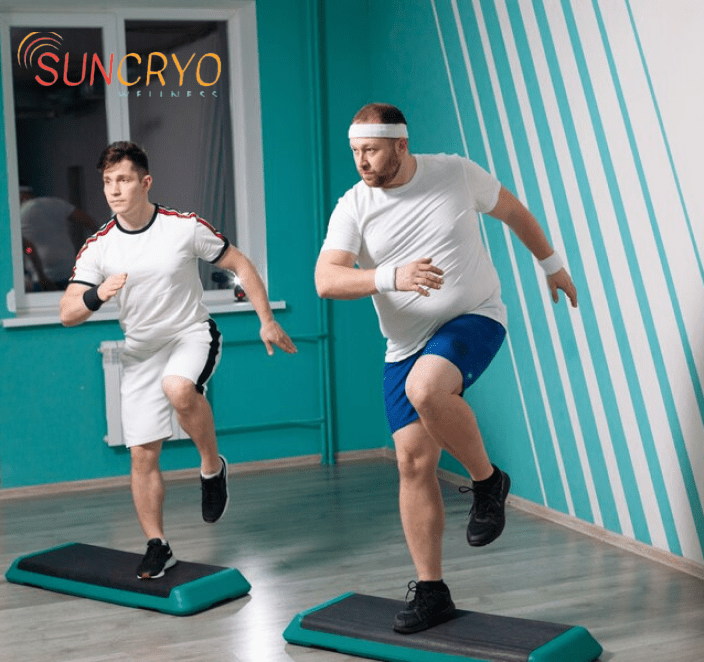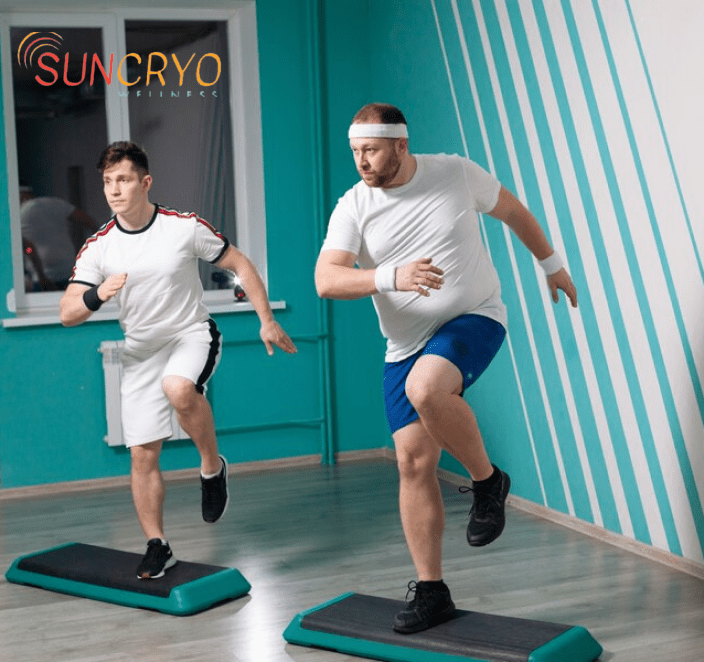Physiotherapists Runner Performance

In the realm of sports and physical activity, the significance of understanding and optimizing runner performance cannot be overstated. As dedicated physiotherapists, we recognize the importance of comprehensive guidance to help athletes achieve their peak potential. This guide delves into a range of crucial aspects that contribute to enhancing runner performance, providing invaluable insights and recommendations for physiotherapists seeking to facilitate the progression of their running clients. https://georgetownsuncryo.com/
Understanding the Runner’s Body Mechanics
Before embarking on the journey of optimizing runner performance, it’s essential to grasp the intricate mechanics of the human body during running. The biomechanics of running involve the interaction of various muscles, joints, and connective tissues. By comprehending the kinetic chain and the role each component plays, physiotherapists can pinpoint potential areas of improvement.
Tailoring Training Programs for Individual Needs
Every runner is unique, and a one-size-fits-all approach to training is rarely effective. Customized training programs that address an athlete’s specific strengths, weaknesses, and goals are paramount. By conducting comprehensive assessments, physiotherapists can identify imbalances, muscular weaknesses, and movement irregularities, enabling the creation of tailored exercise regimens that foster gradual but steady progress.
Preventing and Managing Injuries
In the pursuit of optimal performance, injuries can become a significant roadblock. Physiotherapists play a pivotal role in injury prevention and management. Educating runners about proper warm-up routines, cooldown techniques, and dynamic stretching can reduce the risk of injuries. Additionally, having a solid rehabilitation strategy in place can expedite recovery and prevent recurring issues.
Nutrition and Hydration Strategies
A runner’s performance isn’t solely influenced by physical training; nutrition and hydration also play a vital role. Physiotherapists can collaborate with nutritionists to develop personalized dietary plans that cater to the energy requirements of runners. Emphasizing the importance of staying hydrated and fueling the body with the right nutrients can contribute significantly to overall performance enhancement.
Mental Conditioning and Focus
Physical prowess alone does not guarantee peak performance; mental resilience is equally crucial. Physiotherapists can guide runners through mental conditioning techniques that enhance focus, motivation, and stress management. Practices such as mindfulness meditation and visualization can contribute to better performance during training and races.
Utilizing Technology for Performance Tracking
The integration of technology has revolutionized the field of sports performance. Physiotherapists can harness the power of wearable devices to monitor key metrics such as heart rate, stride length, and running cadence. Analyzing these data points over time enables the identification of trends and helps in making informed adjustments to training programs. https://georgetownsuncryo.com/
Conclusion
In the dynamic realm of runner performance enhancement, physiotherapists stand as guiding beacons. By deeply comprehending the intricacies of biomechanics, offering personalized training programs, emphasizing injury prevention, optimizing nutrition, fostering mental resilience, and leveraging technological advancements, physiotherapists can empower runners to transcend their limits. This comprehensive guide serves as a roadmap for both physiotherapists and runners, ensuring that each stride taken brings them closer to the pinnacle of achievement. https://www.physiofitadelaide.com
